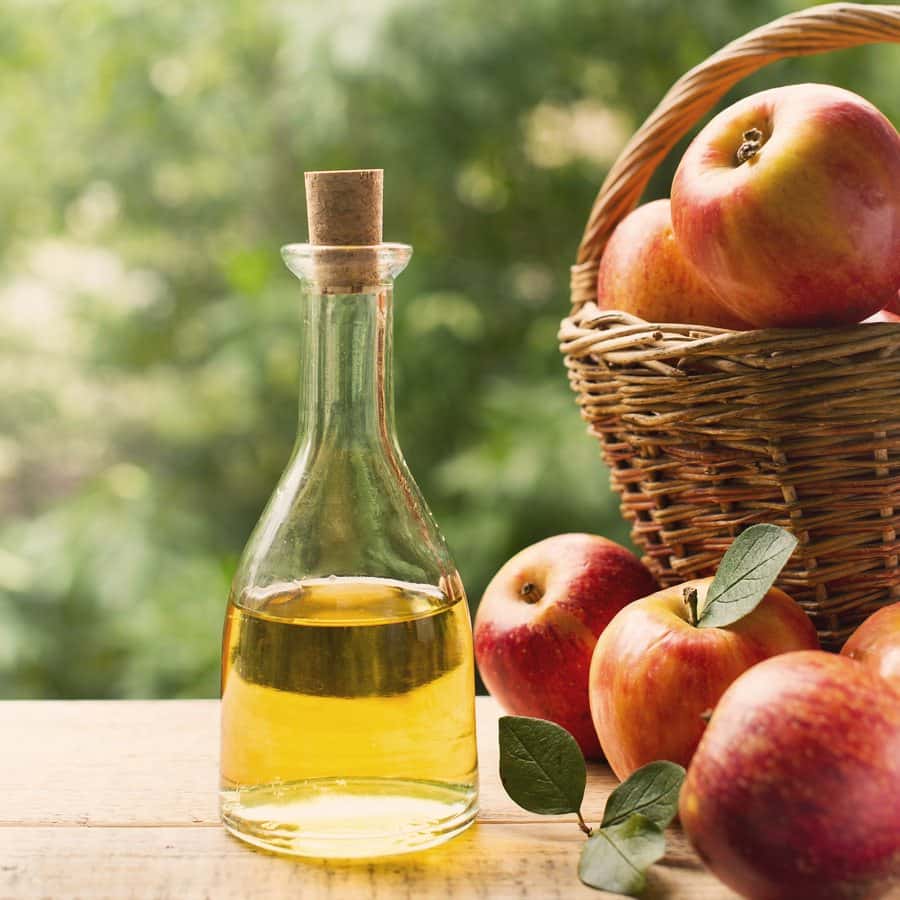
Apple cider vinegar is an extremely popular home remedy. More than 50 years ago, D. C. Jarvis, MD, published his best-selling book, Folk Medicine: A Vermont Doctor’s Guide to Good Health. In it, he promoted the use of apple cider vinegar with honey as a remedy for arthritis pain and numerous other health problems. Scientific studies demonstrate that vinegar can help control cholesterol and moderate blood sugar. Many readers take apple cider vinegar to ease heartburn. Others use it to combat constipation. Quite a few people have applied vinegar to skin problems such as warts, fire ant bites or shingles. But could you lower your blood pressure by swallowing a daily dose of apple cider vinegar?
Apple Cider Vinegar for Blood Pressure:
Q. I am surprised that you have not suggested apple cider vinegar for people with high blood pressure. I have been taking metoprolol succinate for years, and it works most of the time. But if my blood pressure starts to rise and I feel uncomfortable, I take two tablespoons of apple cider vinegar on salad or in a glass of water. It brings my pressure back under control quickly. Why don’t you recommend it?
A. We have written about vinegar to stop muscle cramps quickly and to prevent the rapid rise of blood sugar and insulin after a meal. It seemed unlikely that there would be any evidence to support its use to control blood pressure. To our surprise, however, a search of the medical literature revealed a study demonstrating that acetic acid (vinegar) can lower blood pressure in rats (Kondo et al, Bioscience, Biotechnology and Biochemistry, Dec. 2001).
The authors offer a plausible explanation for this effect. Vinegar reduces blood pressure through the renin-angiotensin system. This is the same way that widely prescribes drugs like lisinopril or losartan work.
Clinical Evidence for Vinegar?
We were disappointed to discover that there have been no clinical trials to see whether vinegar works as well for humans as it does for rats. On the other hand, a different group of Japanese researchers used vinegar and bonito flakes in water as a placebo for a concoction containing gamma-aminobutyric acid (GABA). To their surprise, the placebo lowered subjects’ blood pressure as well as the active intervention (Tanaka et al, Journal of Clinical Biochemistry and Nutrition, July 2009). These volunteers consumed 90 ml (a bit more than 1/3 cup) of vinegar and bonito in water daily for four months. Each daily dose contained 2.07 g of vinegar and 0.15 g of bonito flakes. Systolic blood pressure dropped by approximately 5 points if people had mild hypertension. Those with normal blood pressure at the start of the study had no obvious change in blood pressure. Since the study was conducted in Japan, the researchers used rice vinegar rather apple cider vinegar. We doubt that would make a difference, but we would prefer to see research confirming that apple cider vinegar also reduces mild hypertension.
Other Remedies for Elevated Blood Pressure:
Our eGuide to Blood Pressure Treatment offers several other nondrug approaches to managing hypertension. These include beet juice, Concord grape juice and pomegranate juice as well as deep breathing, regular exercise and stress management. We also describe the DASH diet and the benefits of a bit of dark chocolate.

